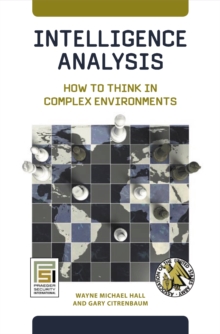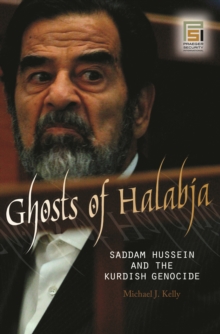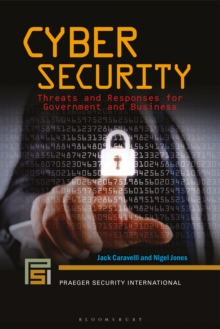
Enemy Combatants, Terrorism, and Armed Conflict Law : A Guide to the Issues PDF
Edited by Linnan David K. Linnan
Part of the Praeger Security International series
- Information
Description
With a renewed emphasis on national and homeland security, the United States is once again seeking to balance the needs of the state with both the rights of its citizens as well as those of other nations. This book represents an interdisciplinary approach to the legal dilemmas borne out by the war on terror-against the specific background of Afghanistan, Iraq, and this new kind of conflict. It is a strong contribution to a broader debate visible since 9/11, which will remain in the public eye for the foreseeable future. It addresses the overlap between religion, ethics, armed conflict, and law, within the context of the current conflict. While many issues in areas such as intelligence, reconciliation of civil liberties, dealing with terrorist threats, and the permissible bounds of interrogation, treatment of prisoners and laws governing armed conflict have long standing precedents under domestic and international law, this war has challenged even long standing legal interpretations. The contributors to this volume explore those precedents and contemporary challenges to them.
Now that traditional wars between nation states are no longer the rule, the terrorist threat has gained credence (popularly, terrorism and its claimed breeding ground in failed states), linked in practice to issues of intervention on the territory of states harboring such groups. In military circles the idea of armed struggle between modern military forces and what were formerly called guerillas has now largely been replaced by asymmetric warfare and the concept of intelligence and preventive action interchangeably within U.S. borders and overseas. Opposing views contemplate that different-and presumably lower-legal standards may apply in internal armed conflicts. Such legal issues are visible under current circumstances of asymmetric warfare in conjunction with questions about prisoner status and detentions, including the permissible bounds of interrogation versus torture following the Abu Ghraib prison scandal in Iraq but also the treatment at the Guantanamo Bay facility of alleged Al Q'aeda captives from Afghanistan. All of the contributors in this book explore the changing circumstances against which these contentious new legal issues now unfold. The experts strike no consensus. Indeed, one of the work's many strengths can be attributed to the fact that the many facets of the ongoing debate are represented herein.
Information
-
Download Now
- Format:PDF
- Pages:408 pages
- Publisher:Bloomsbury Publishing (USA)
- Publication Date:30/01/2008
- Category:
- ISBN:9780275998158
Information
-
Download Now
- Format:PDF
- Pages:408 pages
- Publisher:Bloomsbury Publishing (USA)
- Publication Date:30/01/2008
- Category:
- ISBN:9780275998158



